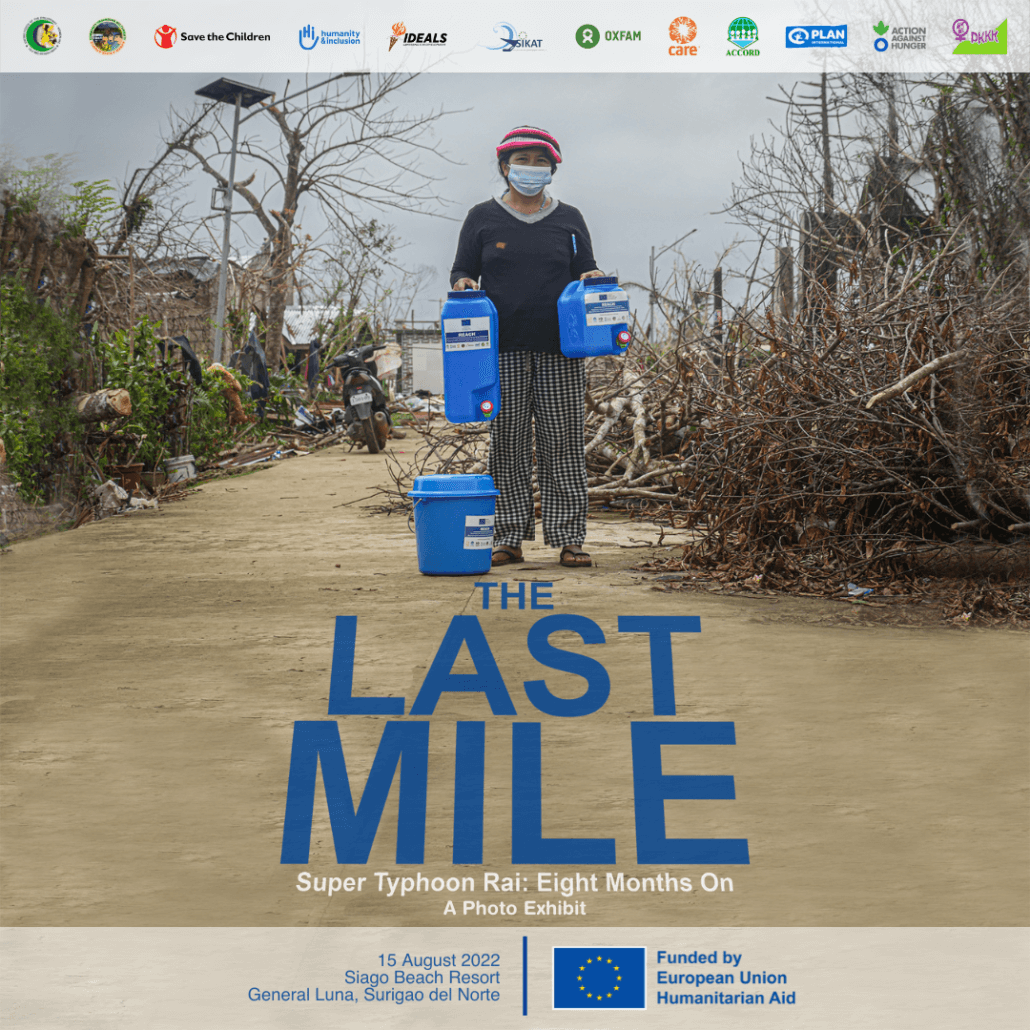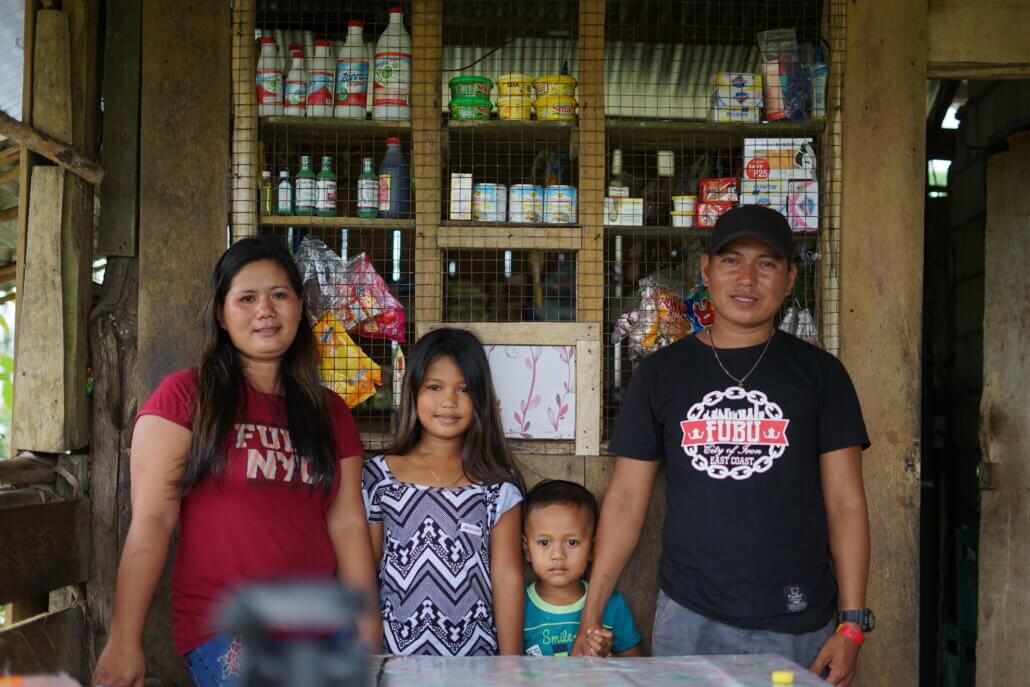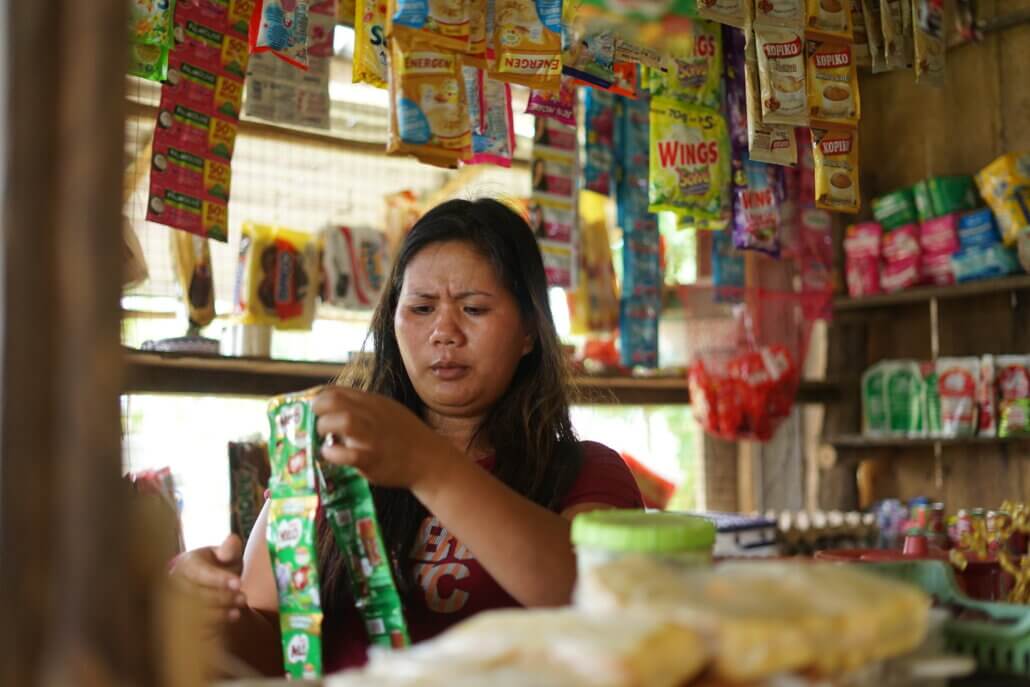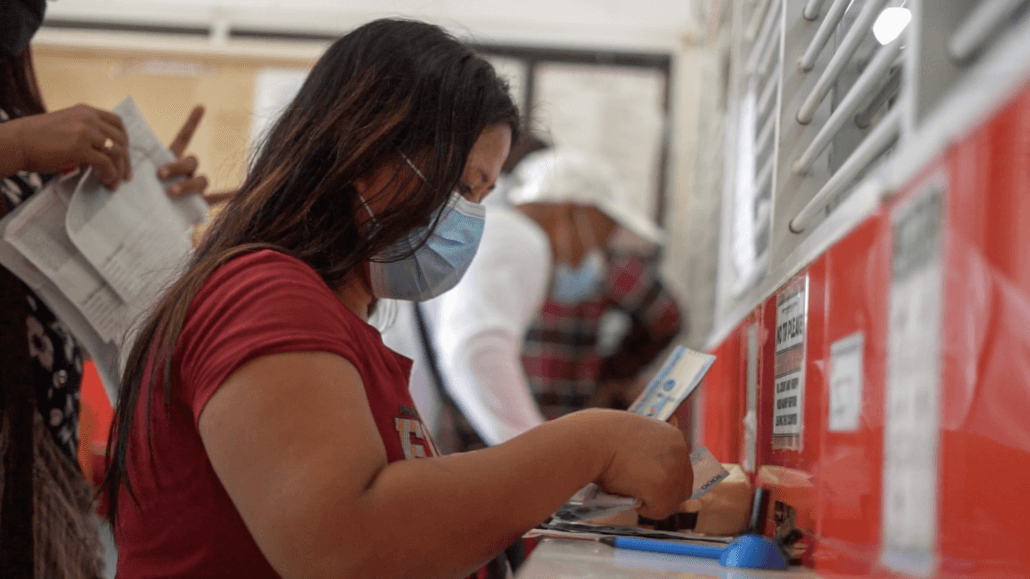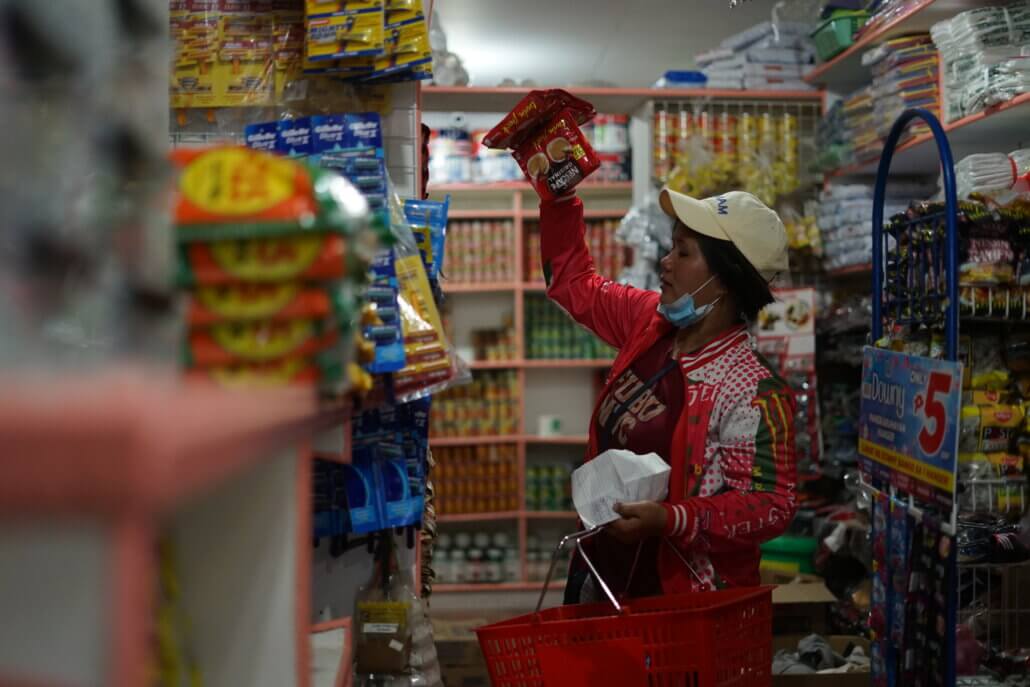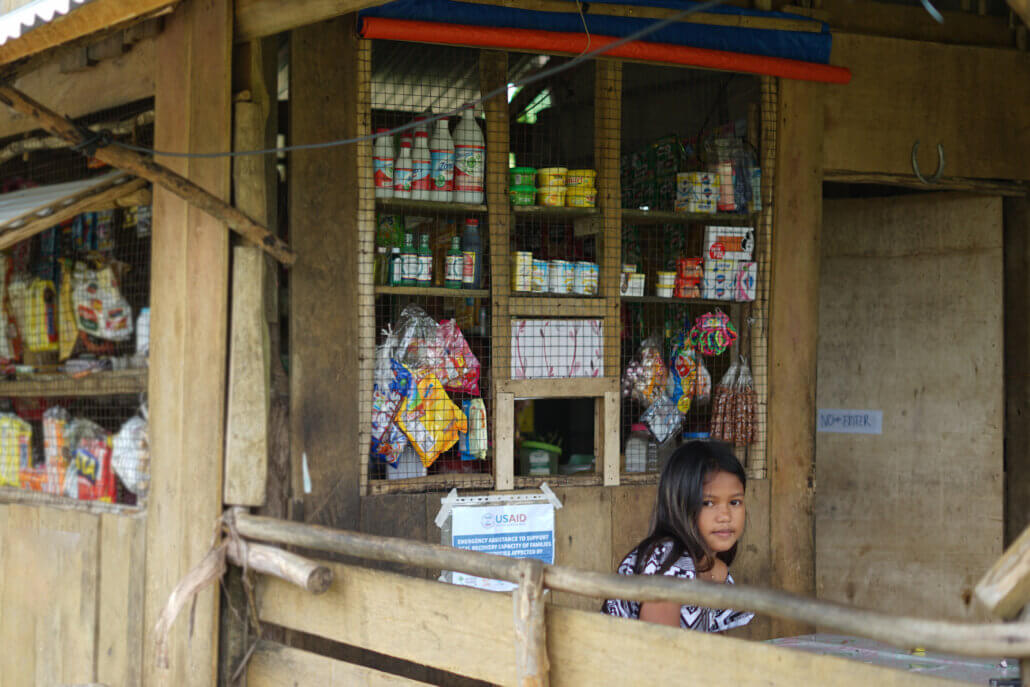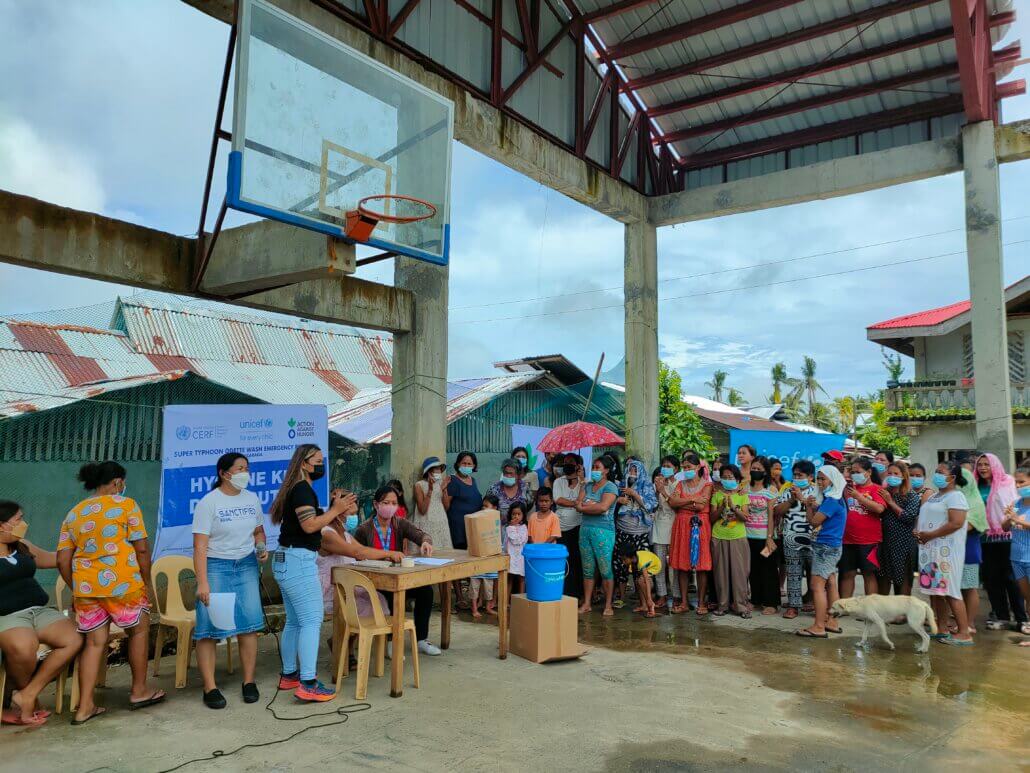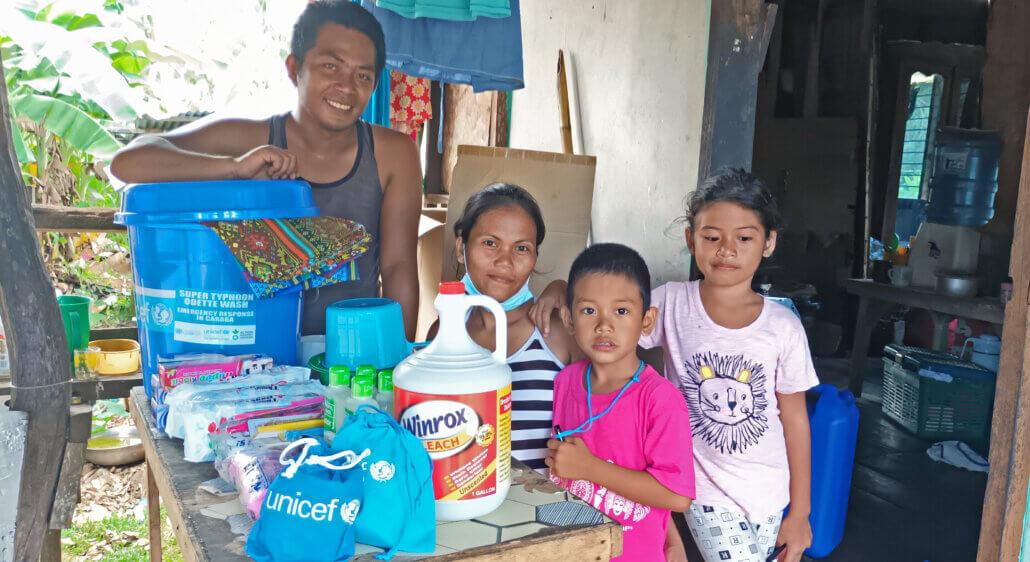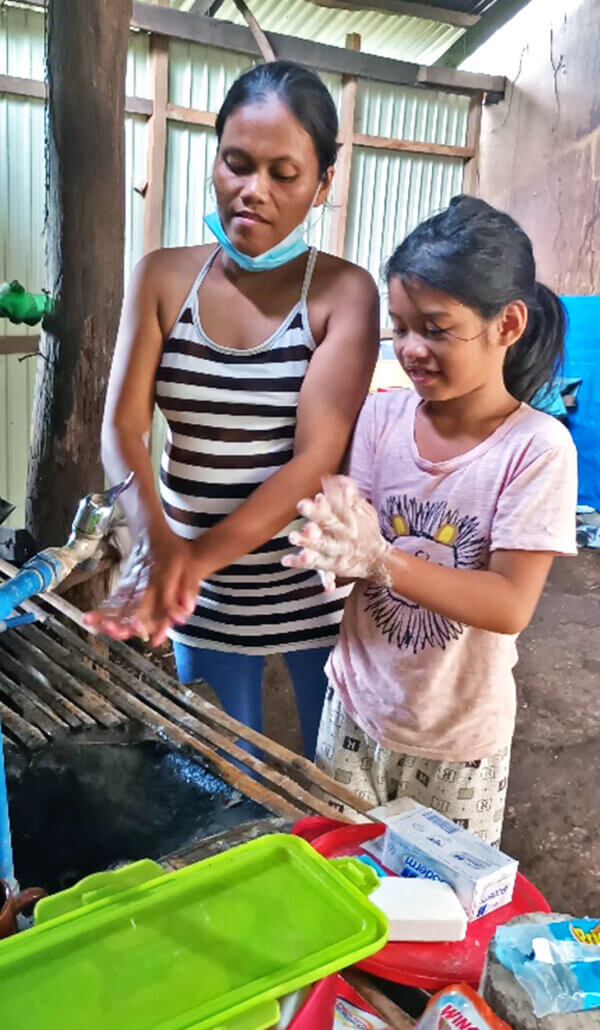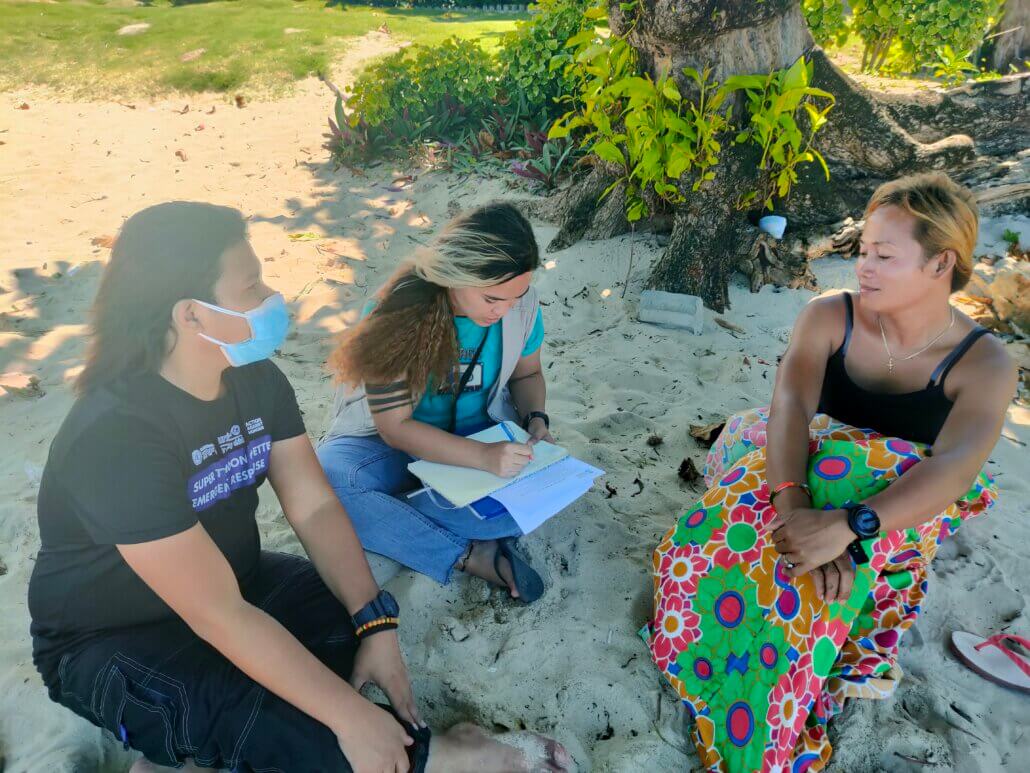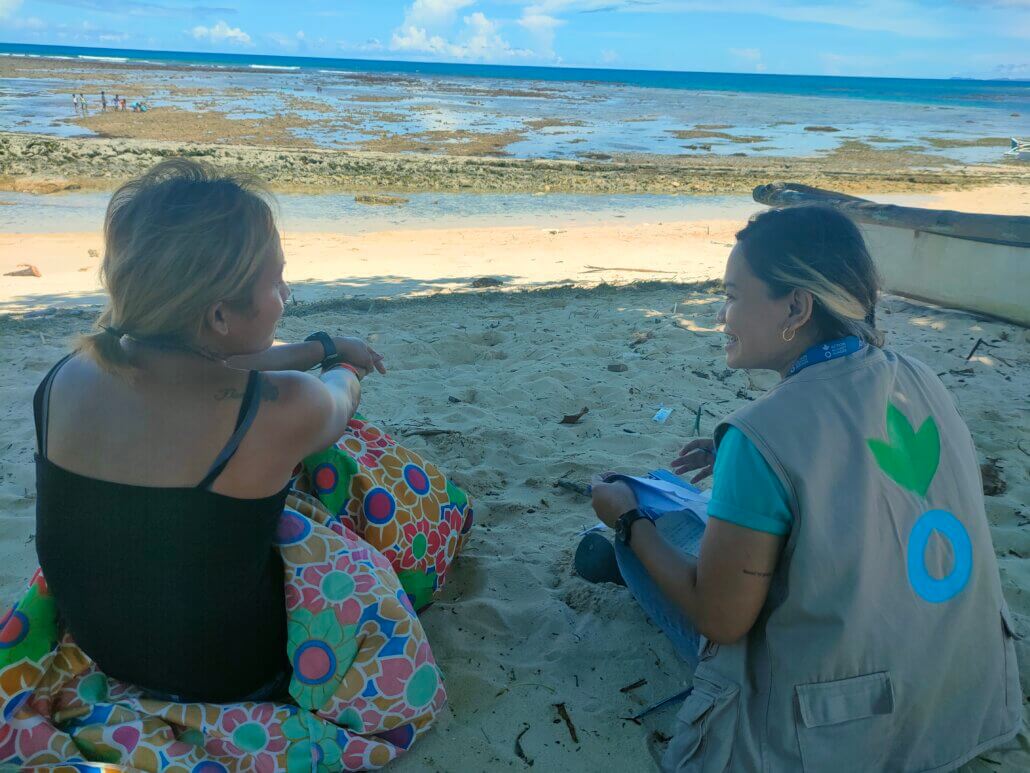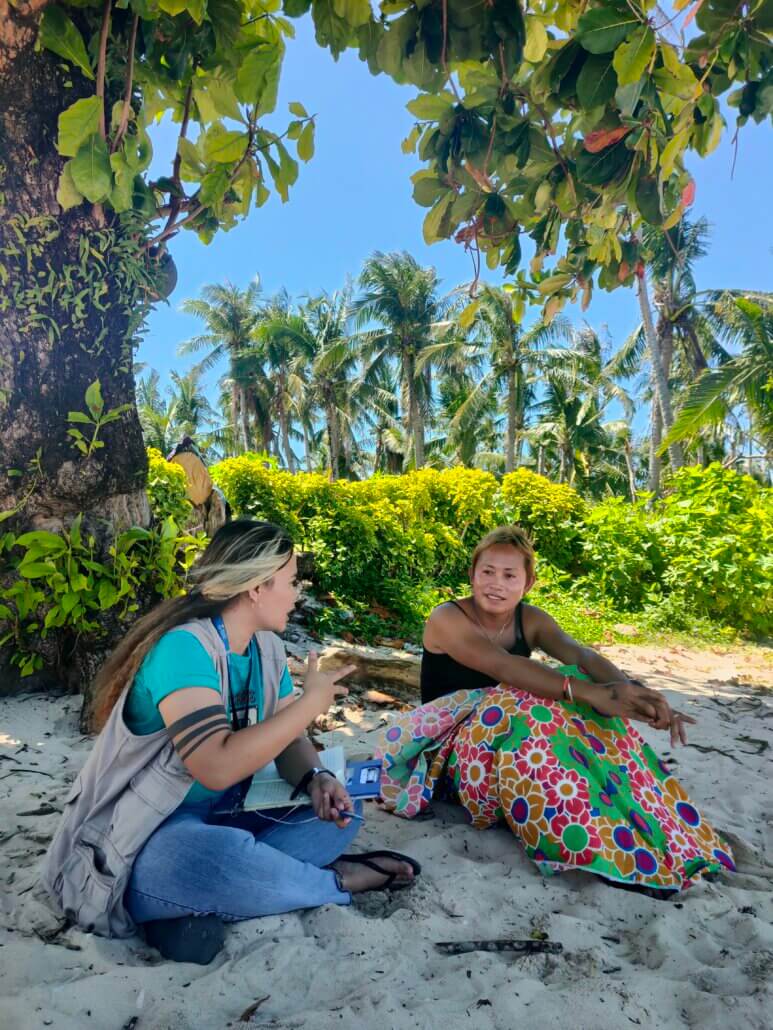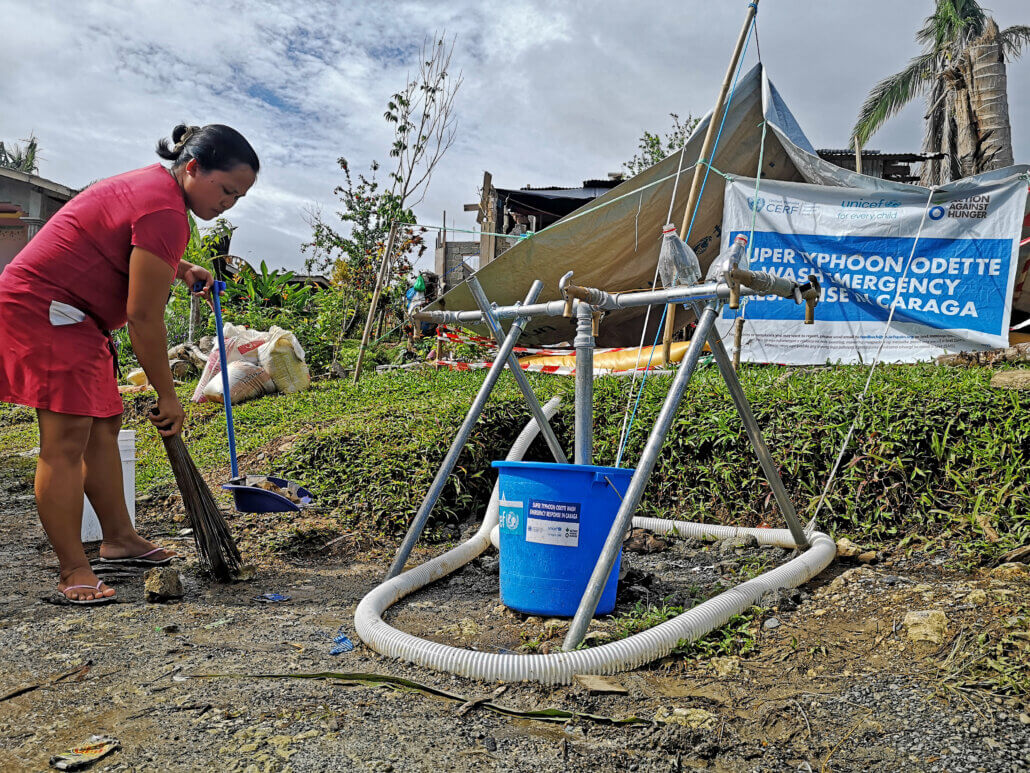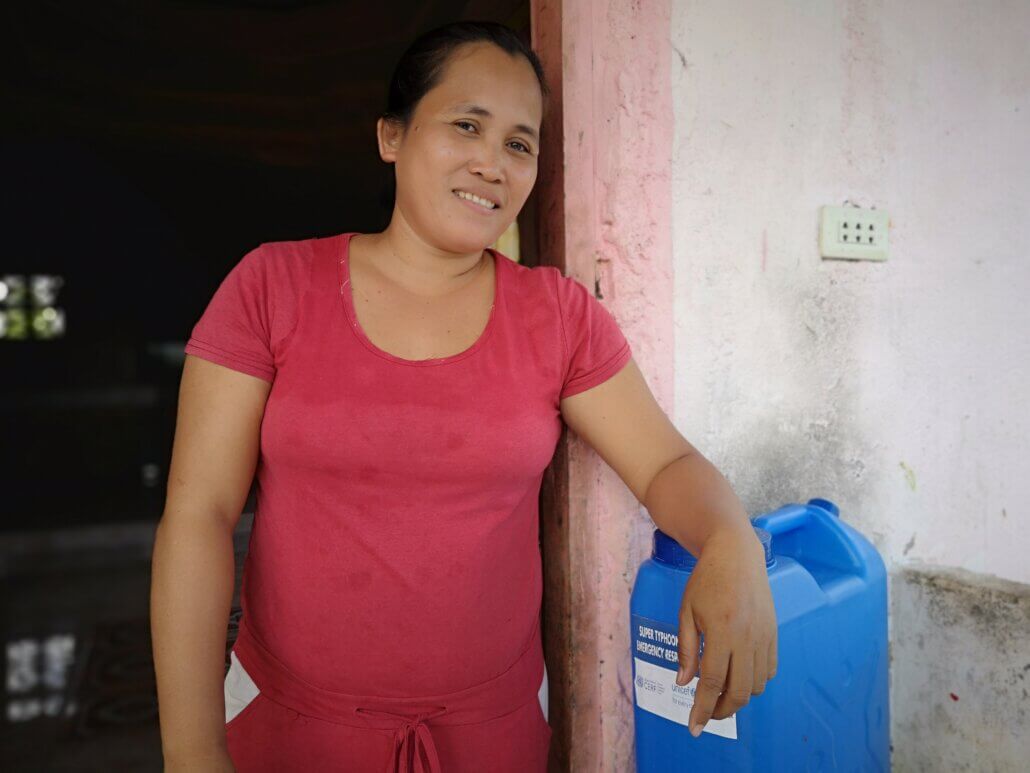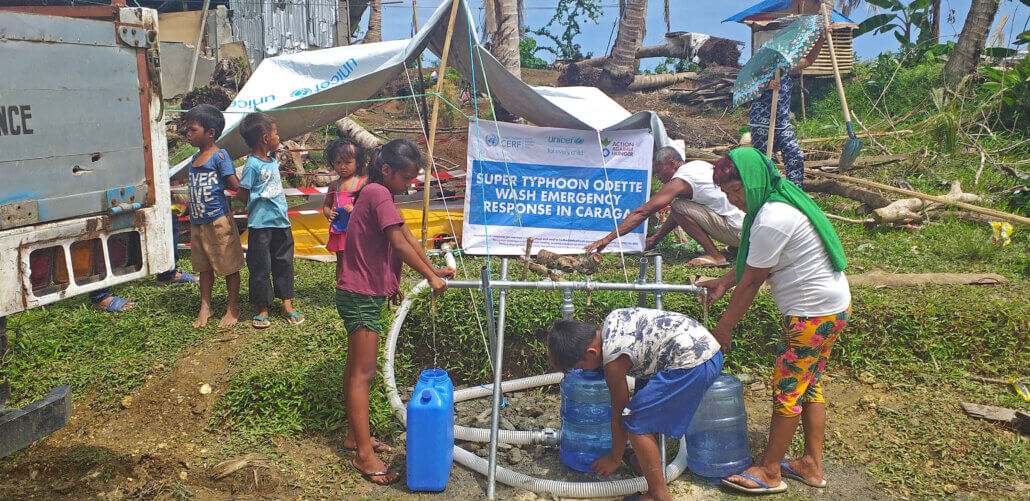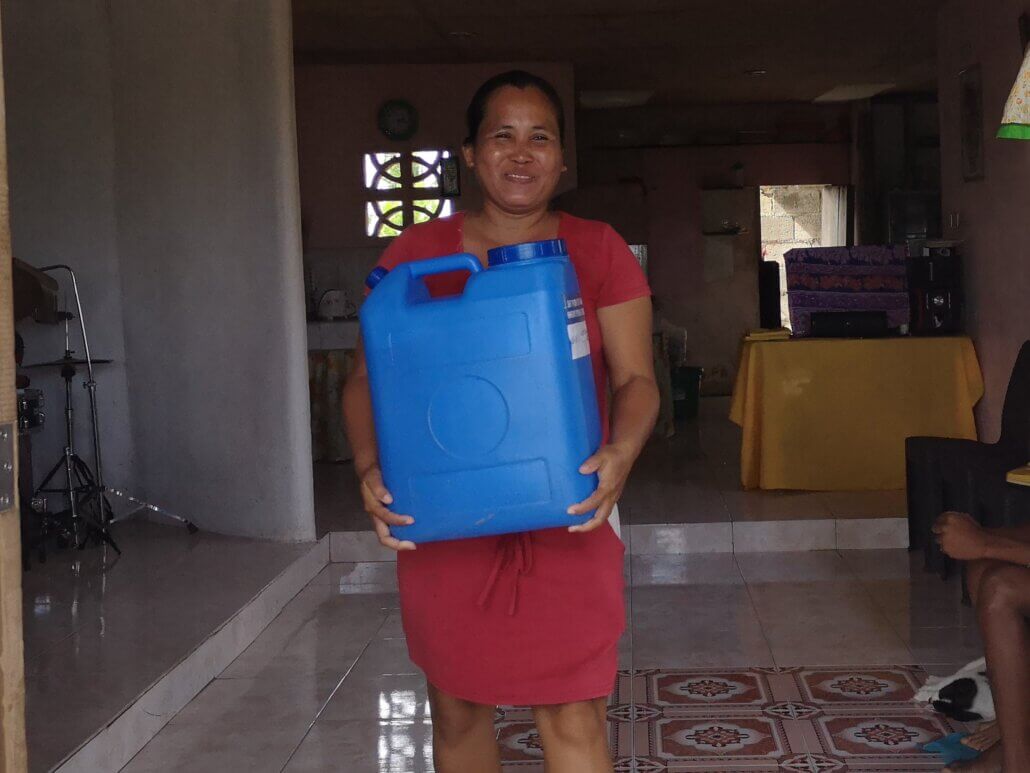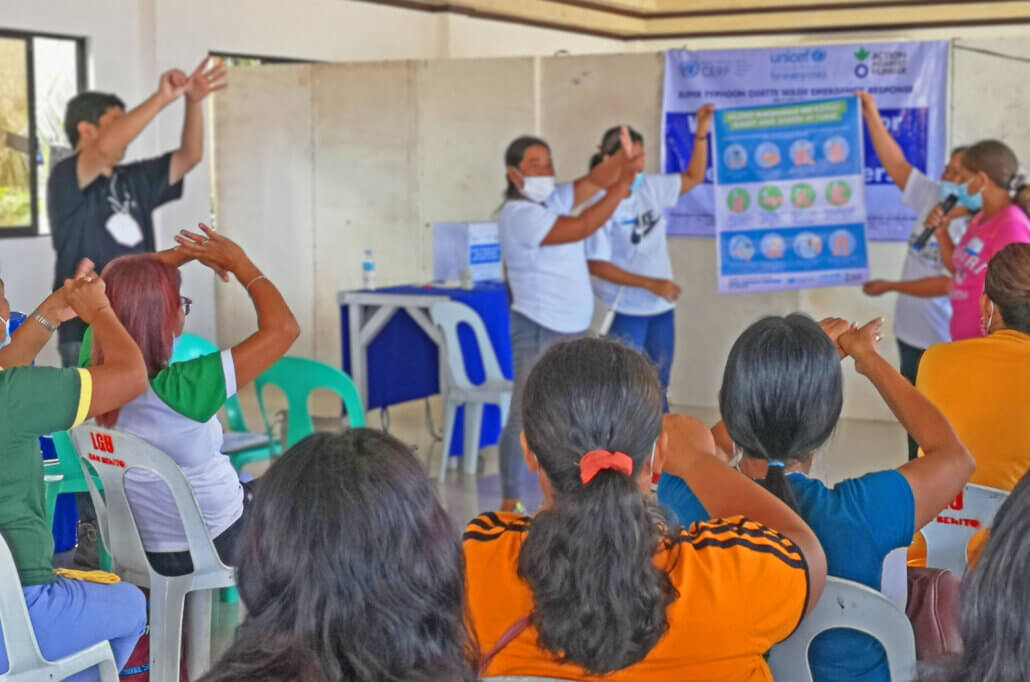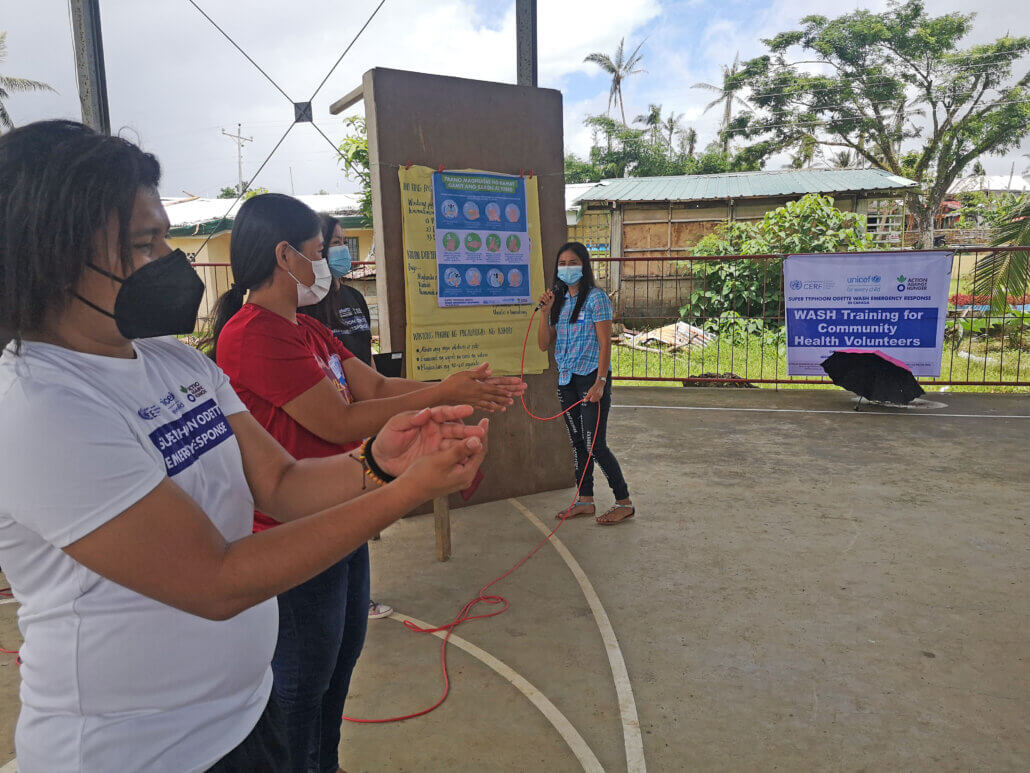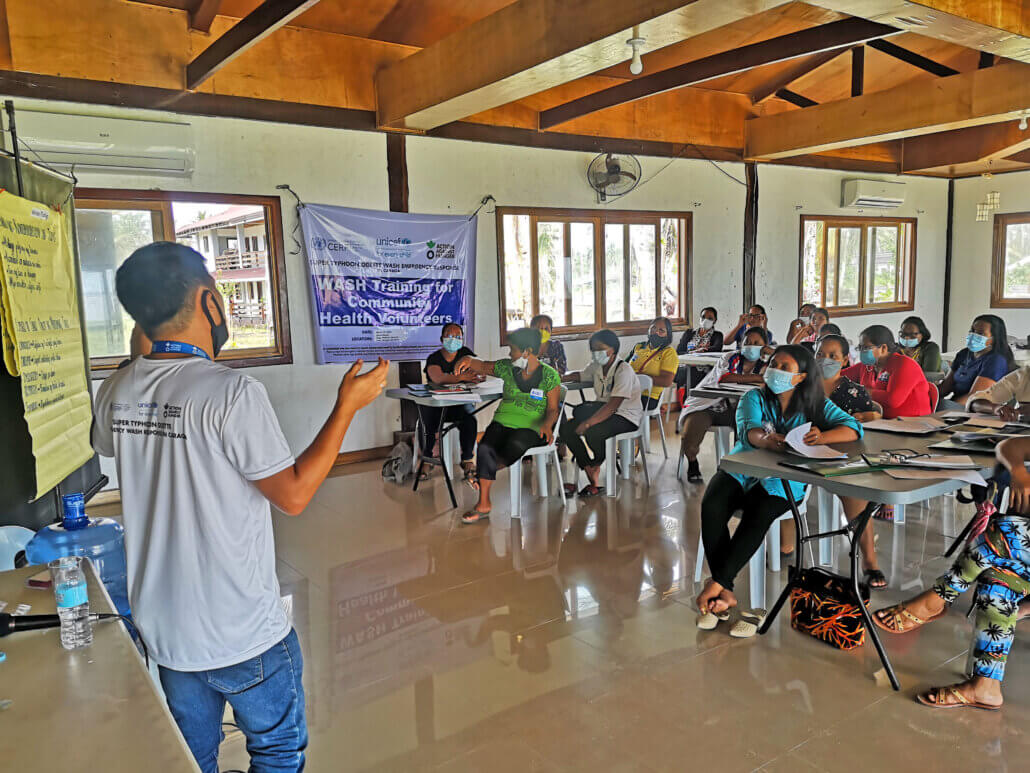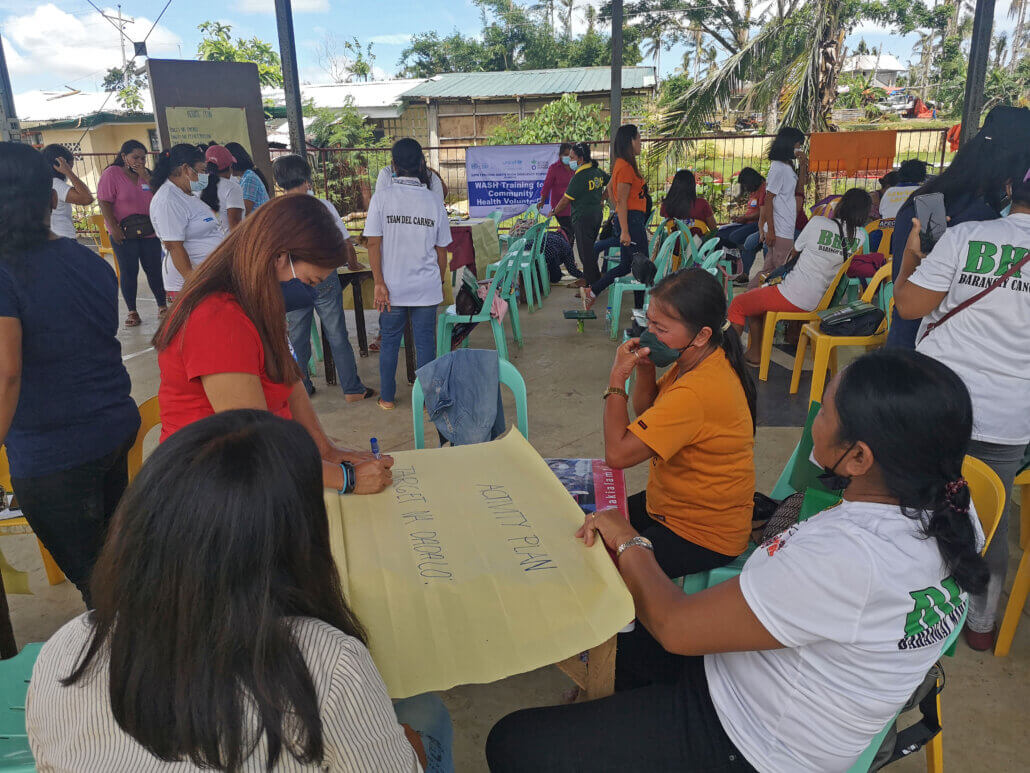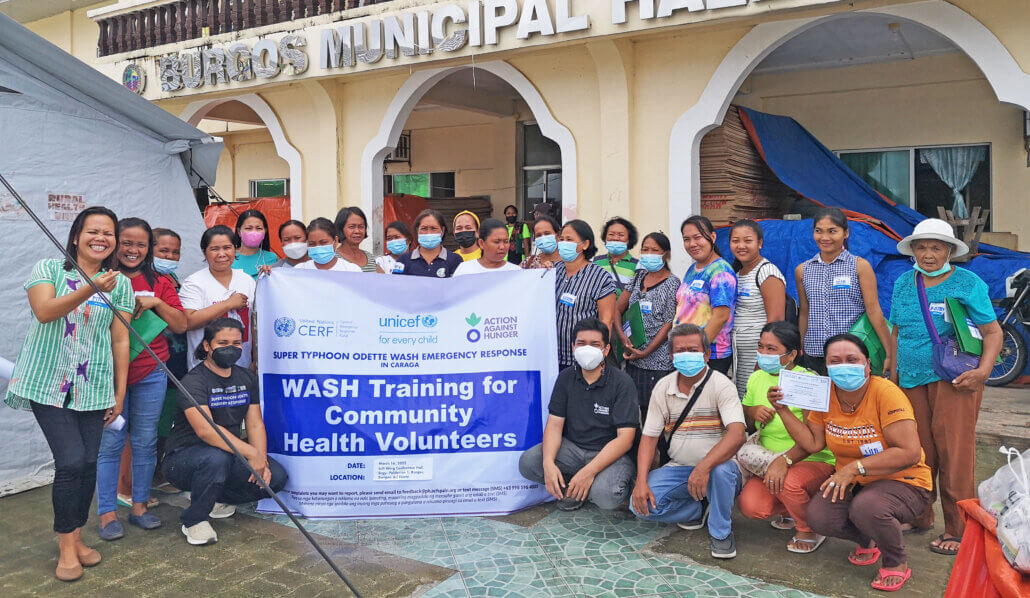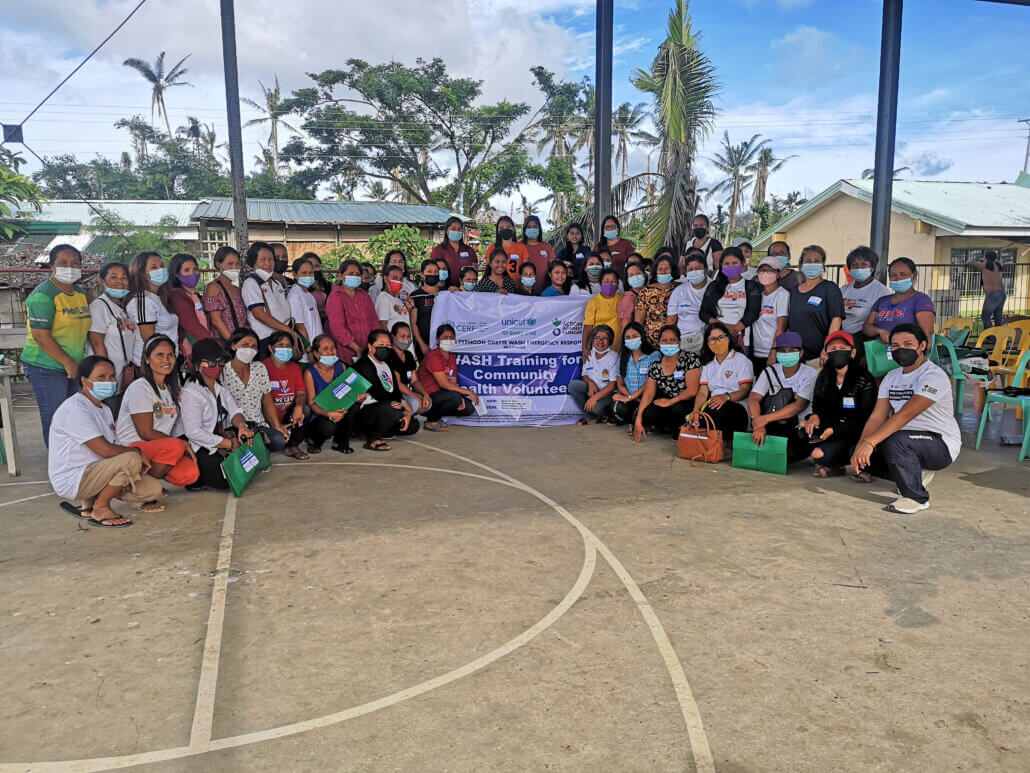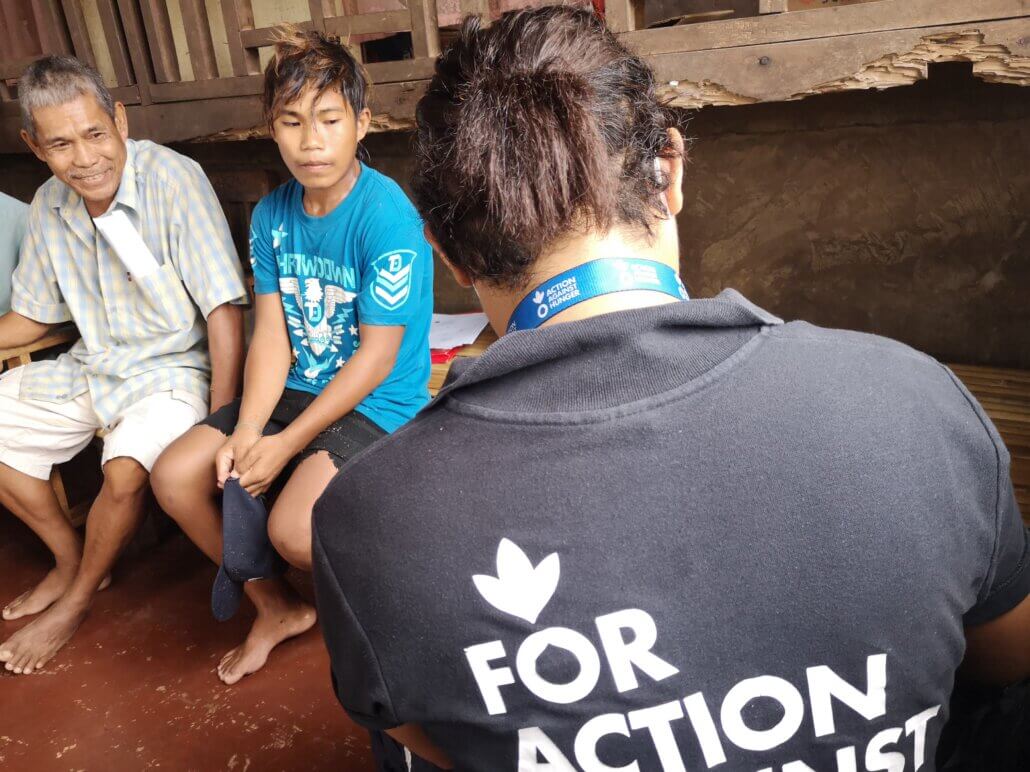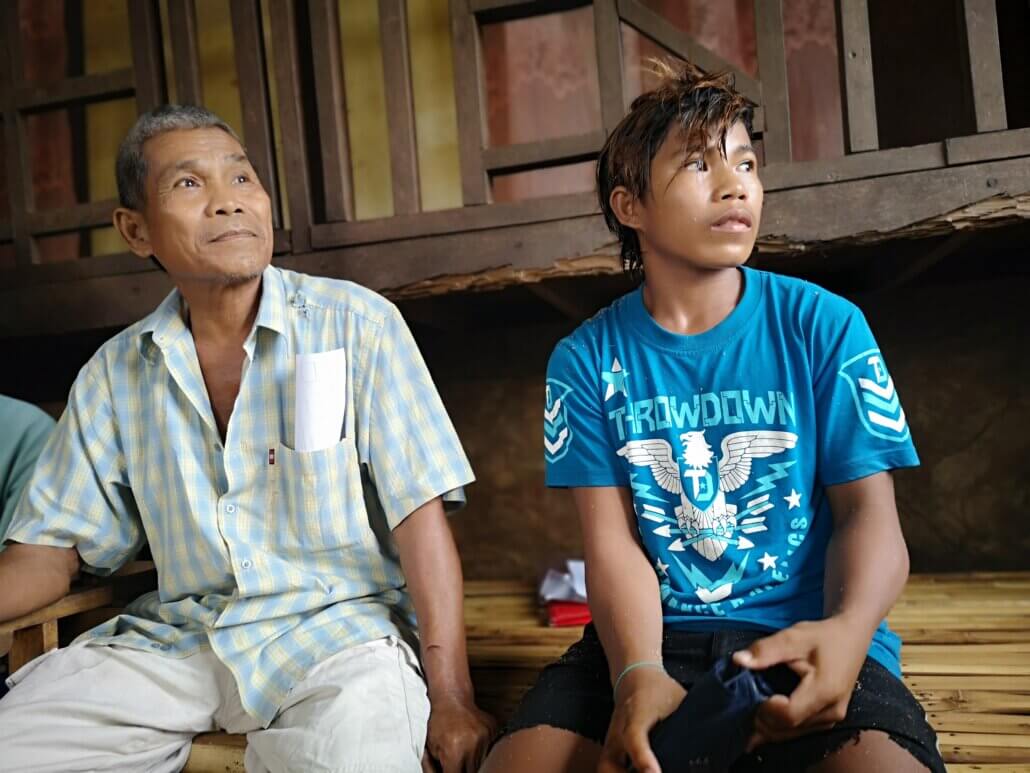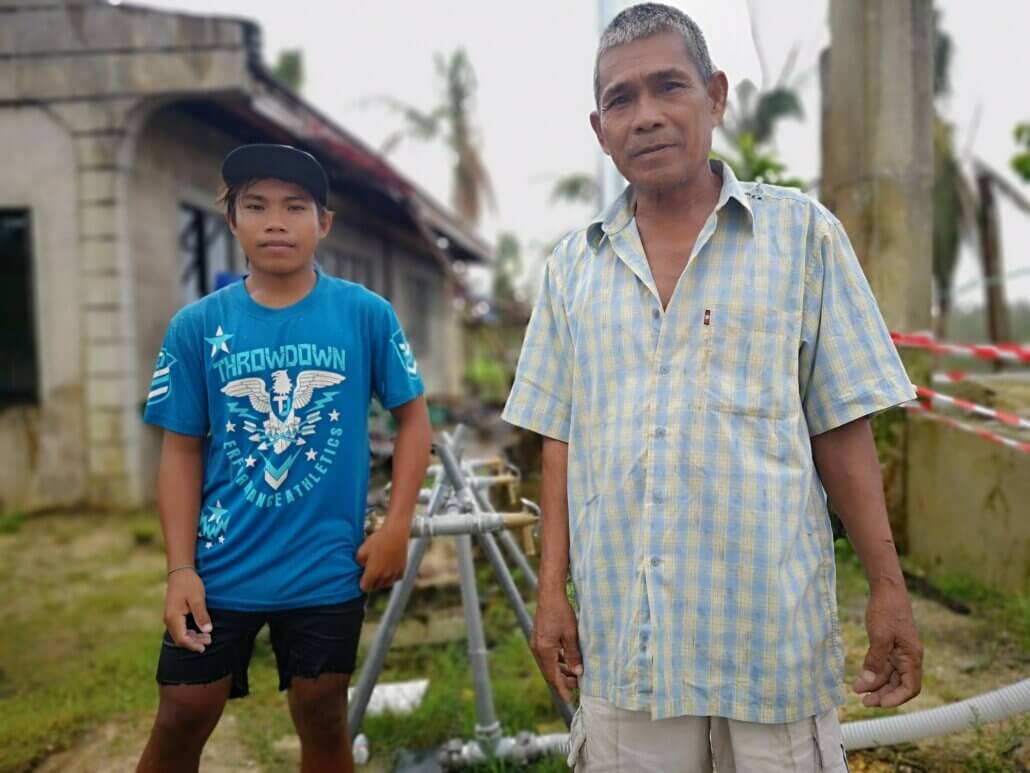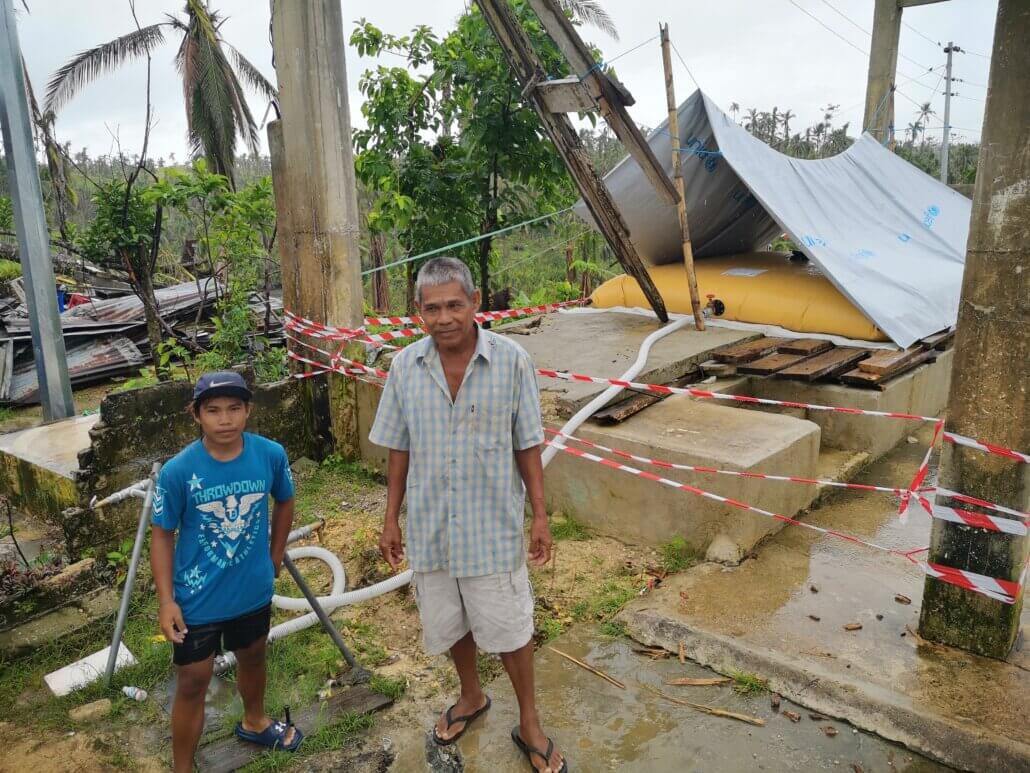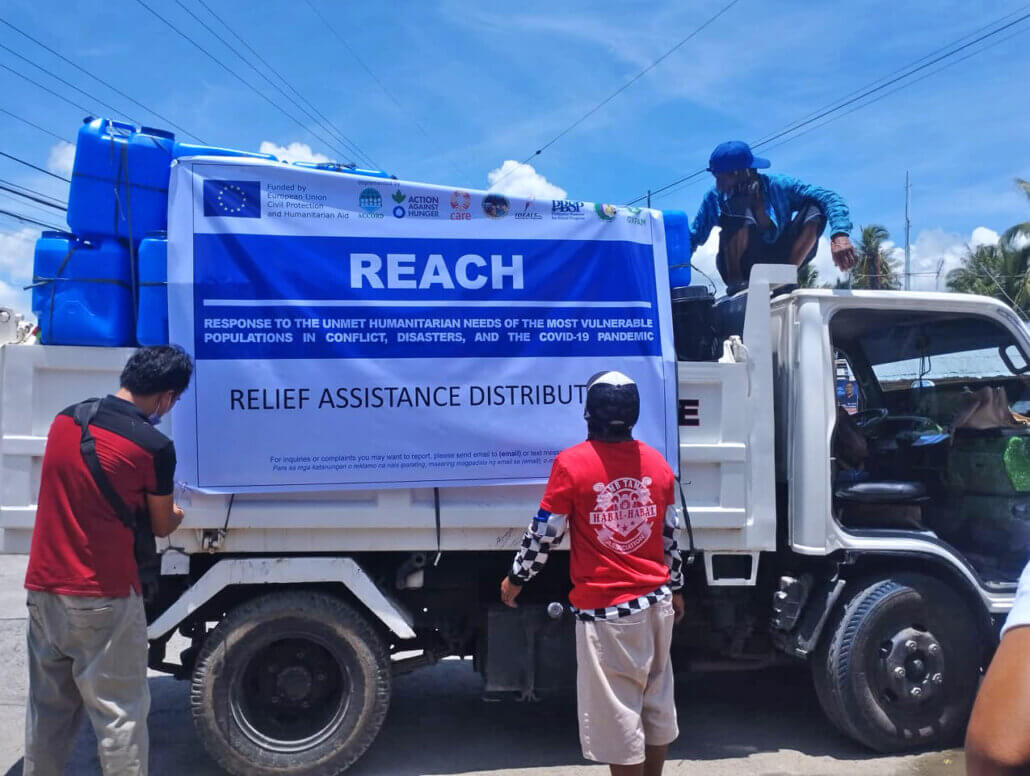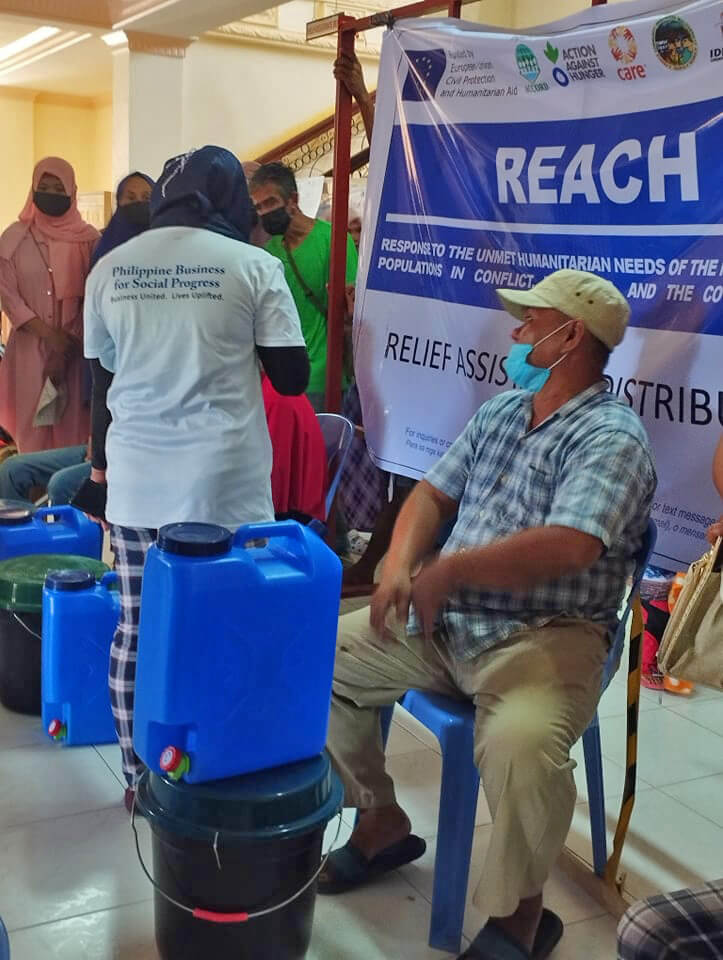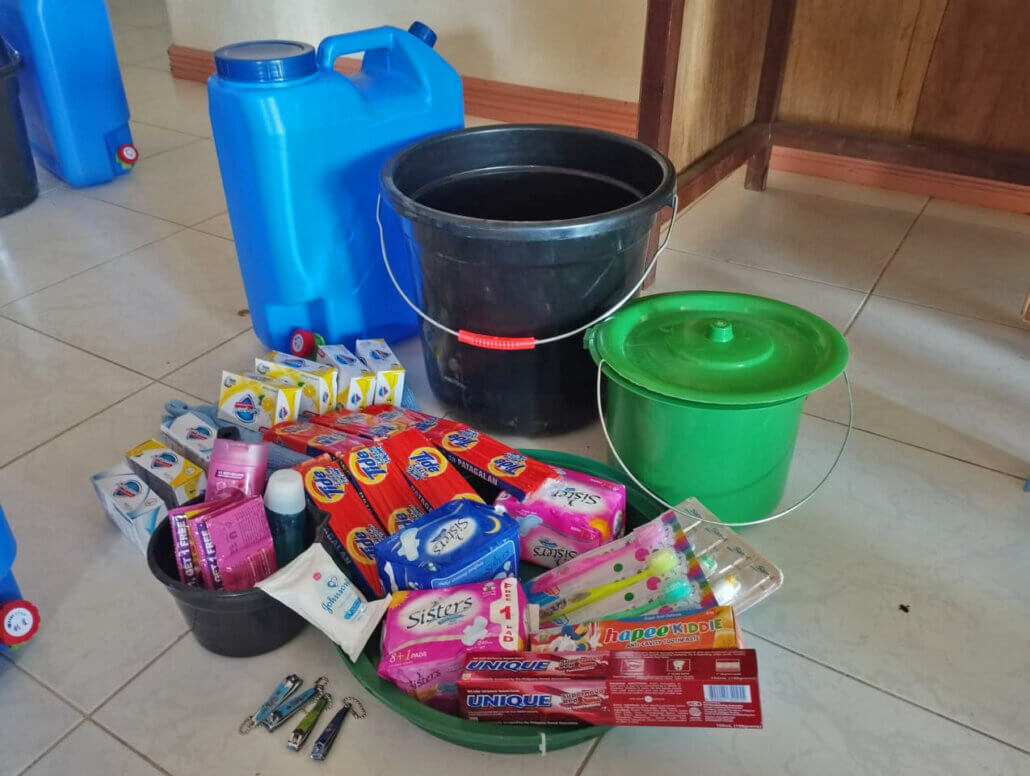8,771 people benefit from enhanced agri-aquaculture production systems and food security
Planting is like preparing for a calamity: it entails a lot of hard work and requires thoroughness. It is not easy. But all this will surely pay off as the fruits of this labor will give an abundant harvest not only for one but for the benefit of the whole community.
In the past two years, we have been working with our partner communities in the Bangsamoro Autonomous Region for Muslim Mindanao in ensuring that they are better prepared and more resilient against disasters.
For example, we focused on diversifying and increasing the access of BARMM communities to agriculture and aquaculture productivity so that in times of disasters, people will have enough resources and food supply.
“When there’s severe flooding, our crops get destroyed. We feel bad because we lose a lot of income. We borrow money… and when the flood occurs, we are forced to re-apply for loans. That’s why farmers find it hard to earn.
When we started doing the [climate outlook] seminars, it became very beneficial for us because we learned what months the rainy and summer seasons occur. With this, we know when the rainy season happens, so we can protect our crops,”
– Gairon Guimbang, one of the farmers who participated in the Climate Outlook Fora for Lanao del Sur and Maguindanao.
Aligned to the provisions of Republic Act 10121 (Philippine Disaster Risk Reduction and Management Act of 2010) and the Department of Interior and Local Government (DILG)’s Operation Listo for Municipalities, the project’s main goal is to strengthen local government and community capacities towards resilience in municipalities which are high risk and vulnerable to natural hazards in Mindanao, Philippines.
A total of 8,771 people benefit from improved agriculture and aquaculture production systems and food security through the efforts of the ‘Strengthening Local Resilience and Building Capacities in Area at High Risk of Natural Hazards in BARMM, Mindanao’ project.
Overall, we were able to reach 17,601 people with our activities that are in line with Risk Management Policy & Practice; Agriculture & Food Security; and Economic Recovery and Market Systems (ERMS).
For more information, check out the Project Catalogue
‘Strengthening Local Resilience and Building Capacities in Area at High Risk of Natural Hazards in BARMM, Mindanao’ is a disaster risk reduction project funded by the United States Agency for International Development’s Bureau for Humanitarian Assistance (USAID-BHA) and implemented by Action Against Hunger. Read more


